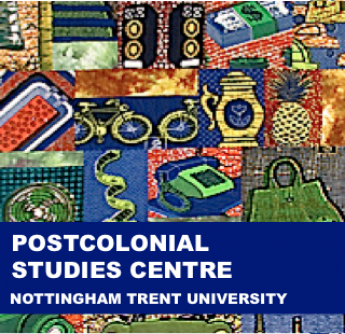Response to Neelam Srivastava, ‘Fashioning the Anti-Colonial Narrative: Literary Pan-Africanism and Claude McKay’s “Great Ethiopian Novel”’
18 January 2017
by Keeley Jones
Dr Neelam Srivastava of Newcastle University highlighted the particularities of Italian colonialism and its relationship with Pan-Africanism, particularly as this is considered to be a somewhat neglected part of colonial history. Italian colonialism in east Africa contributed to Pan-Africanism, a global movement which encourages solidarity and unity amongst diasporic communities of African descent. In her discussion, Dr Srivastava outlined Italian colonial discourse and the large Italian settler working community in Ethiopia.
Dr Srivastava continued to explore how this invasion impacted on Black and diasporic communities in Harlem in particular, as she emphasised that Black identity does not simply exist in national contexts. Afrocentrism, the ideology that focuses on the history of Black Africans and how they contributed to Western civilisation, prompted many like Claude McKay to write back against racial prejudice from an anti-colonial perspective. Written in 1941 and to be published later this year, McKay’s recovered, unfinished novel Amiable with Big Teeth creates new recognition of the Italian invasion of Ethiopia and regards it as an important historical event. Dr Srivastava spoke highly of his work, of his interpretation of communism, and his aim to recover Ethiopia as a focal point for Black identity and race consciousness. This Afrocentric narrative succeeds in analysing how people perceive communism and the struggle in Black diasporic communities.
Concluding the seminar, Dr Srivastava encouraged people to question the differences between African American diasporas and other diasporic communities, additionally highlighting that whilst anti-colonialism longs for true freedom, it is not without its struggles. The importance of unity and solidarity amongst diasporic communities is emphasised via the abandonment of the term ‘negro’, as this was a slave given name. Whilst slavery will always be a part of Black history, it is a lesson to be learned from: it does not define them or the nation.
Moreover, the significant links between the invasion of Ethiopia and the forming of Pan-Africanism become more apparent. In an anti-colonial narrative, Claude McKay offers a unique insight into the impact that somewhat underestimated historical events have had.
Keeley Jones is a second year student on BA (Hons) English at NTU. In Spring 2017, Keeley undertook work placement at the Postcolonial Studies Centre.
